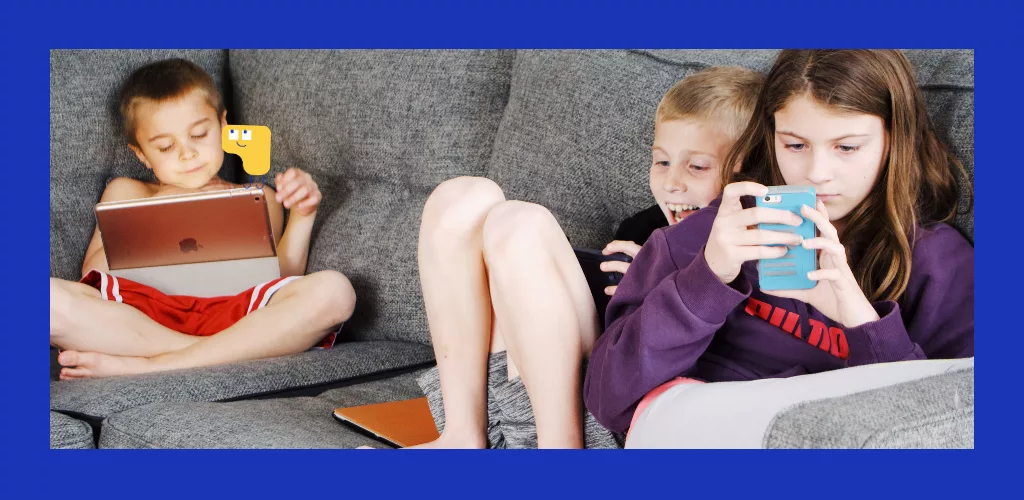They're said to be addicted to screens, glued to TikTok, incapable of disconnecting. They're accused of being individualistic, lazy, even insolent. But the figures tell a different story.
What if our teenagers were actually more lucid, more responsible and more aware of the risks than we imagine?
Teens are no fools: they know the dangers of social networking
76% would delete a social network if it made them anxious.
Yes, you read that right: themselves want to give up social networking?
Of course, they use platforms massively, but they also know that these tools don't always do them any good.
Social pressure, a real trap
If our teens stay connected, it's not just out of addiction. It's also out of fear of exclusion.
We often hear the following quote: "I'd like to quit, but if I'm the only one to leave TikTok, I'll be left out."
Many would like to limit their use, but group pressure prevents them from taking the plunge.
This paradox lies at the heart of the problem:
-
Being online can expose you to cyberbullying.
-
But not being there can also be a source of exclusion.
What the figures really say
-
54 % of teenagers would accept being limited to one hour of screen time per day.
-
70 % would be prepared to give up social networking after 9pm.
-
The average age of the first smartphone is 9 years and 9 months.
-
And already 75% of children under 13 use at least one social network regularly.
These data show a striking contradiction: teenagers are not unconscious, but they evolve in an environment that constantly pushes them to excess, and neuroscience research shows us that this is normal. Their brains won't be developed until they're 25, and self-regulation is difficult.
And what about us, the parents?
Let's be honest: we're not always exemplary. The truth is, we too are caught up in notifications, messaging and e-mails. And our children see it. They call us to order.
When we're glued to our screens, our children lose their emotional bearings. They grow up in an environment where emotional expression is blurred.
Simple rules for regaining control
Here are a few practical tips, tried and tested by parents like you:
-
No dual screen If you're watching a movie, put the phone away.
-
A smartphone-free day on a Sunday, for example, for the whole family.
-
No cell phones at the table or in the bedrooms to preserve moments of togetherness.
-
Transparency compare screen times together every week.
-
Talking about difficulties Acknowledging that we struggle too.
These rules aren't perfect, but they recreate a clear, credible framework.
What we remember
✔️ Our teenagers are not oblivious: they themselves are asking for more regulation.
✔️ Their problem is not so much addiction as social social pressure.
✔️ They are ready to make an effort (limit time, accept a digital curfew).
✔️ The real challenge is for us parents to set an example.
Our teens don't need to be stigmatized.
They need us to listen to them, talk to them, and move forward with them.




0 comments